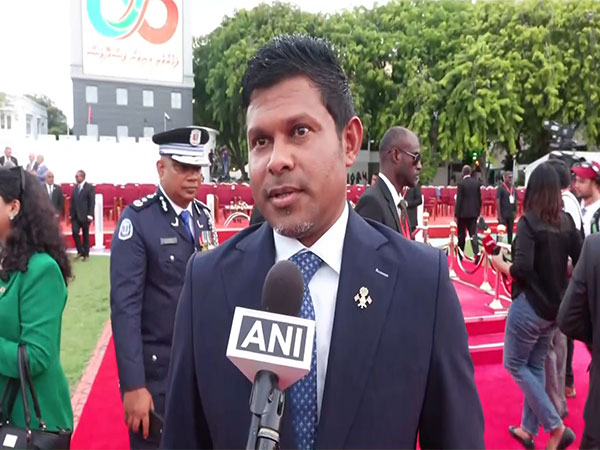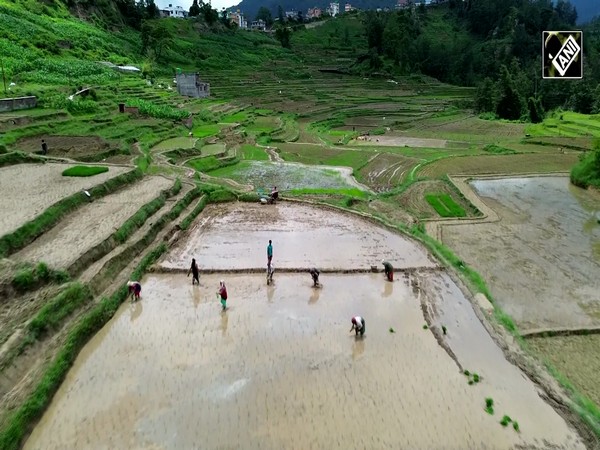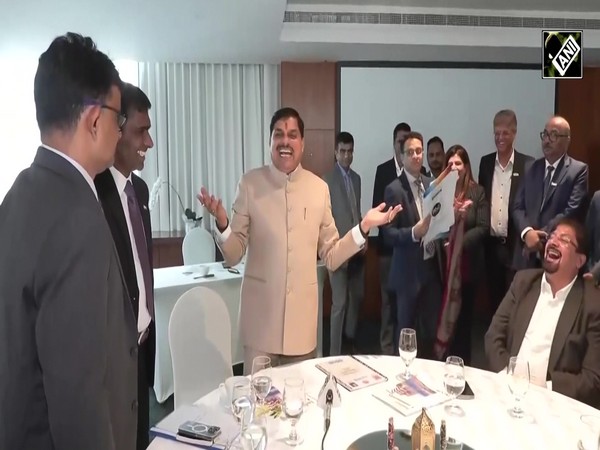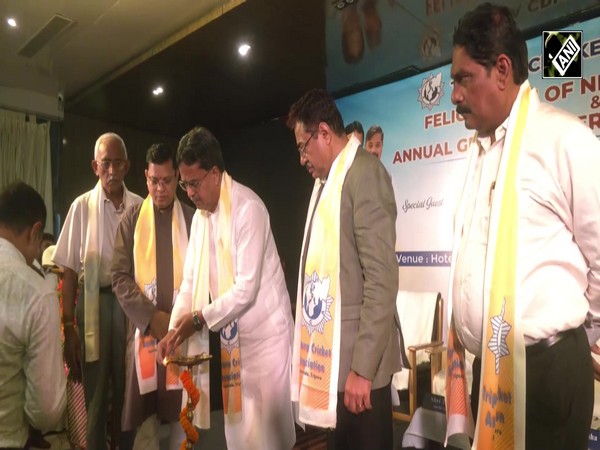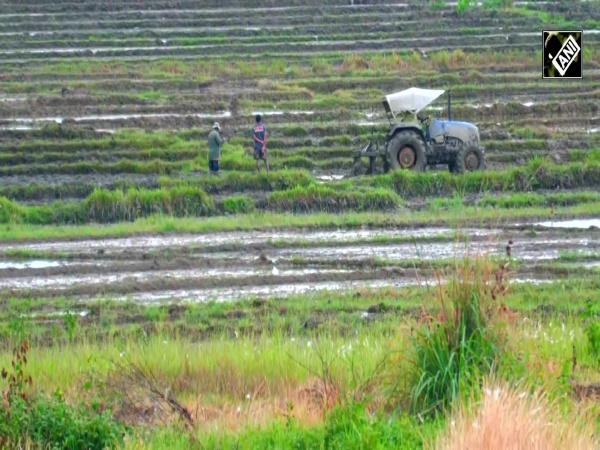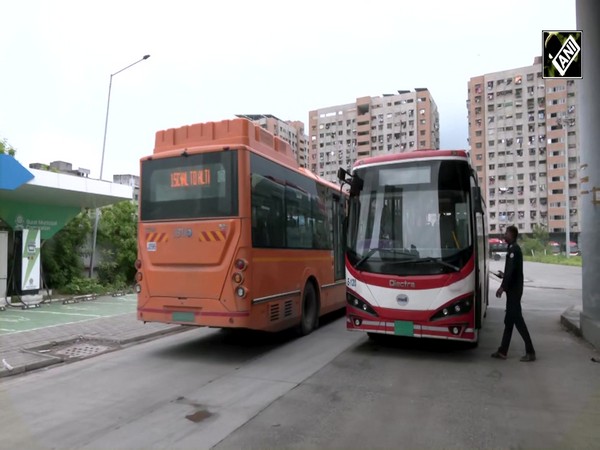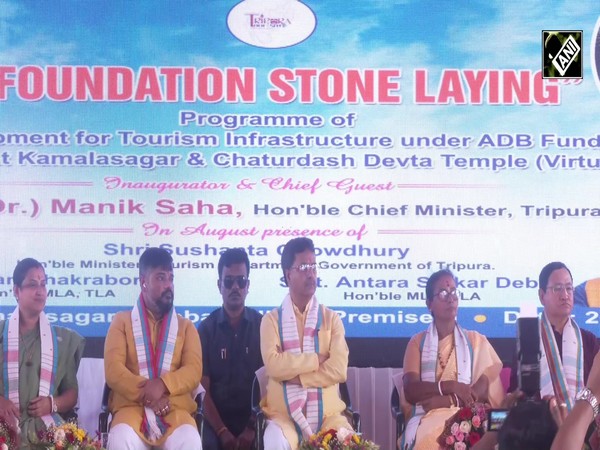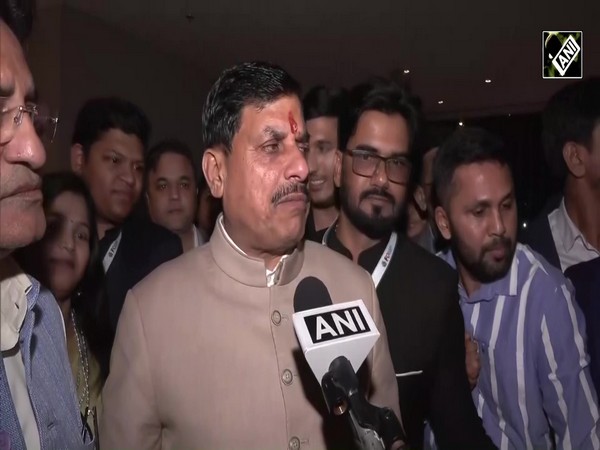Pakistan: Quetta Press Club faces new restrictions amidst press freedom concerns in Balochistan
Aug 29, 2024

Quetta [Pakistan], August 29 : In what is being seen as a move to further restrict freedom of speech, the Quetta Press Club in Pakistan has been directed not to host any seminars or conferences without obtaining a no-objection certificate (NOC) from the district administration, The News International reported.
The district administration has justified this unusual restriction by citing the current law and order situation.
The directive, outlined in a letter dated August 27, 2024, from the deputy commissioner of Quetta to Abdul Khaliq Baloch, President of the Quetta Press Club, mandates that no organization or political party can hold events at the press club without prior approval from the district administration.
The letter emphasizes that this directive should be treated as a matter of 'utmost importance'.
Notably, journalists in Balochistan are operating under extremely challenging conditions, facing significant security threats from militant groups, political factions, and state actors. They also contend with severe censorship and restrictions that hinder their ability to report freely, as well as harassment and intimidation that compromise their safety and effectiveness.
Earlier, journalist Hayat Khan Khetran from Barkhan was reportedly abducted on the orders of a Frontier Corps (FC) Colonel.
Khetran's family claims that Colonel Babar Khalil of the FC Kohlu 86 Wing, along with other personnel, forcibly took him to an undisclosed location, and they have had no contact with him since. The family accused Colonel Khalil of orchestrating the disappearance.
Moreover, the media landscape in Balochistan is severely constrained by stringent censorship and regulatory restrictions that curtail journalists' freedom to report on sensitive or controversial topics.
The imposition of such limitations often involves bureaucratic hurdles, such as requiring no-objection certificates (NOCs) or prior approvals for reporting or organizing events. This bureaucratic oversight can stifle critical reporting and inhibit the media's role in fostering transparency and accountability.



